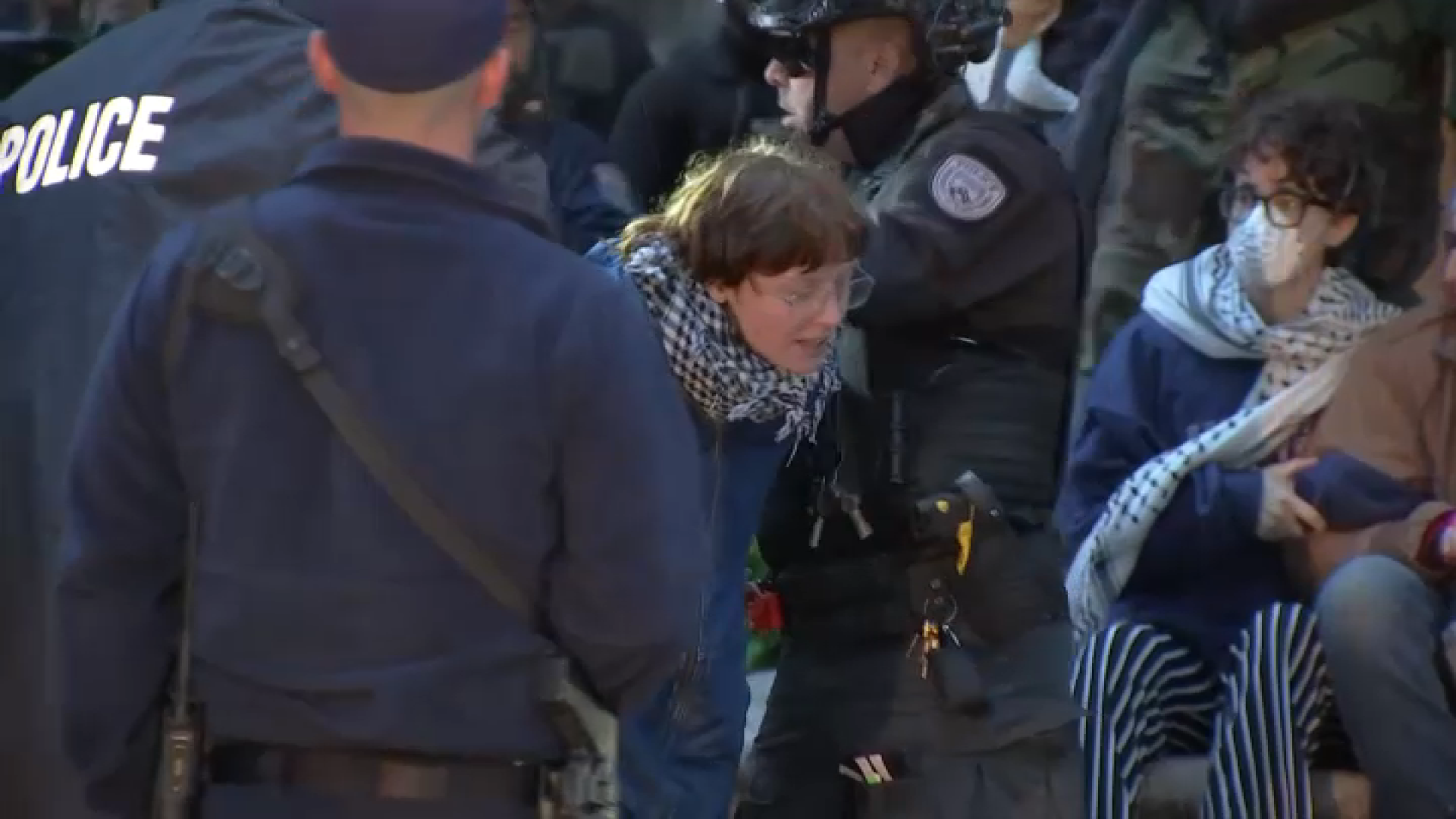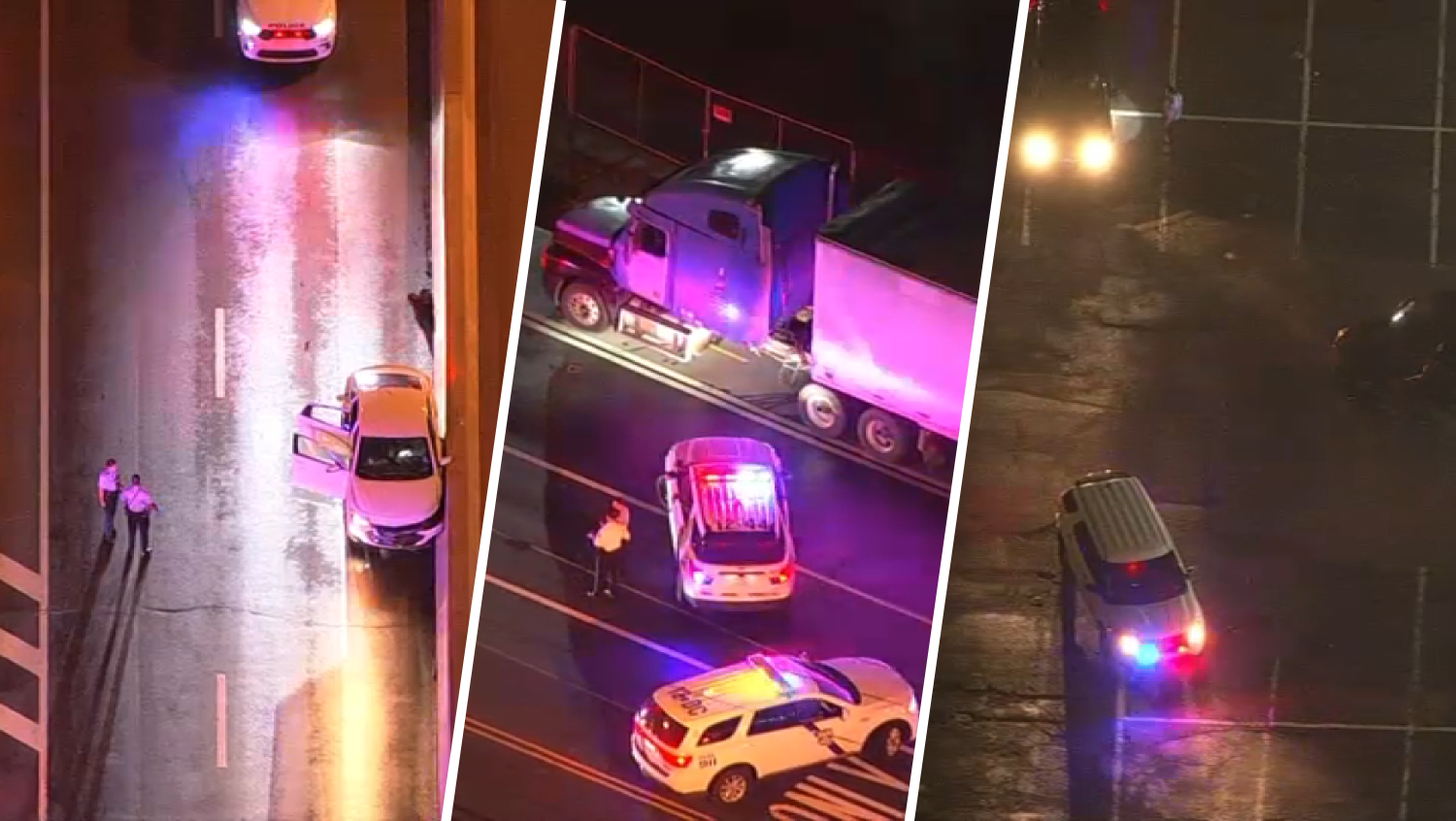Should the Philadelphia Police Department release the names of all officers who are involved in shootings? Some Pennsylvania lawmakers don't believe so and are pushing for a new law to make sure that doesn’t happen.
Under the current policy, when a Philadelphia Police officer is involved in a shooting on the job, his or her name is disclosed to the public within three days. The policy began this fall after a Department of Justice report criticized what they believed to be the Philadelphia Police Department’s lack of transparency and excessive use of force.
Representative Martina White (R-Philadelphia) was against the policy however. That’s why she created House Bill 1538, which would require mandatory disclosure of an officer’s name only if he or she is charged with a crime after an internal investigation is conducted. Under her proposed bill, If there are no charges, the disclosure is left to the discretion of the department.
“This was the concern because it puts the lives of our officers and their families in jeopardy,” White said. “What this bill does, if anything, I feel, is it brings the public and the law enforcement closer together because there’s more information and not a rush to judgment.”
Local attorney Brian Mildenberg disagrees.
“This bill asks the public to just trust us,” Mildenberg said. “If we tell you there’s something wrong, we’ll let you know. But if we tell you there’s nothing wrong we’ll never tell you those names.”
Mildenberg is representing the family of Brandon Tate-Brown, a 26-year-old man who was shot and killed by Philadelphia Police during a traffic stop last December. Tate-Brown’s family had to go to court to get the names of the officers involved in the shooting released.
Local
Breaking news and the stories that matter to your neighborhood.
“We could not investigate the police officers,” Mildenberg said. “We could not learn if they had a history of prior violence. We could not make any public information requests.”
Mildenberg and other critics of White’s proposed bill say public scrutiny comes with the job of being a police officer given their roles as public servants. They also say the bill would lessen the amount of transparency and trust within communities.
“While a well-intentioned plan, [it is] very poorly thought out with respect to the consequences and I would venture to say a very dangerous development,” Mildenberg said.
White addressed those who believe the bill would allow officers to sweep investigations under the rug.
“I don’t believe that that is accurate,” she said.
White’s bill has gained support from both Democrats and Republicans. The bill passed the Judiciary Committee Tuesday with unanimous support. It now heads to the full House of Representatives for a vote.



